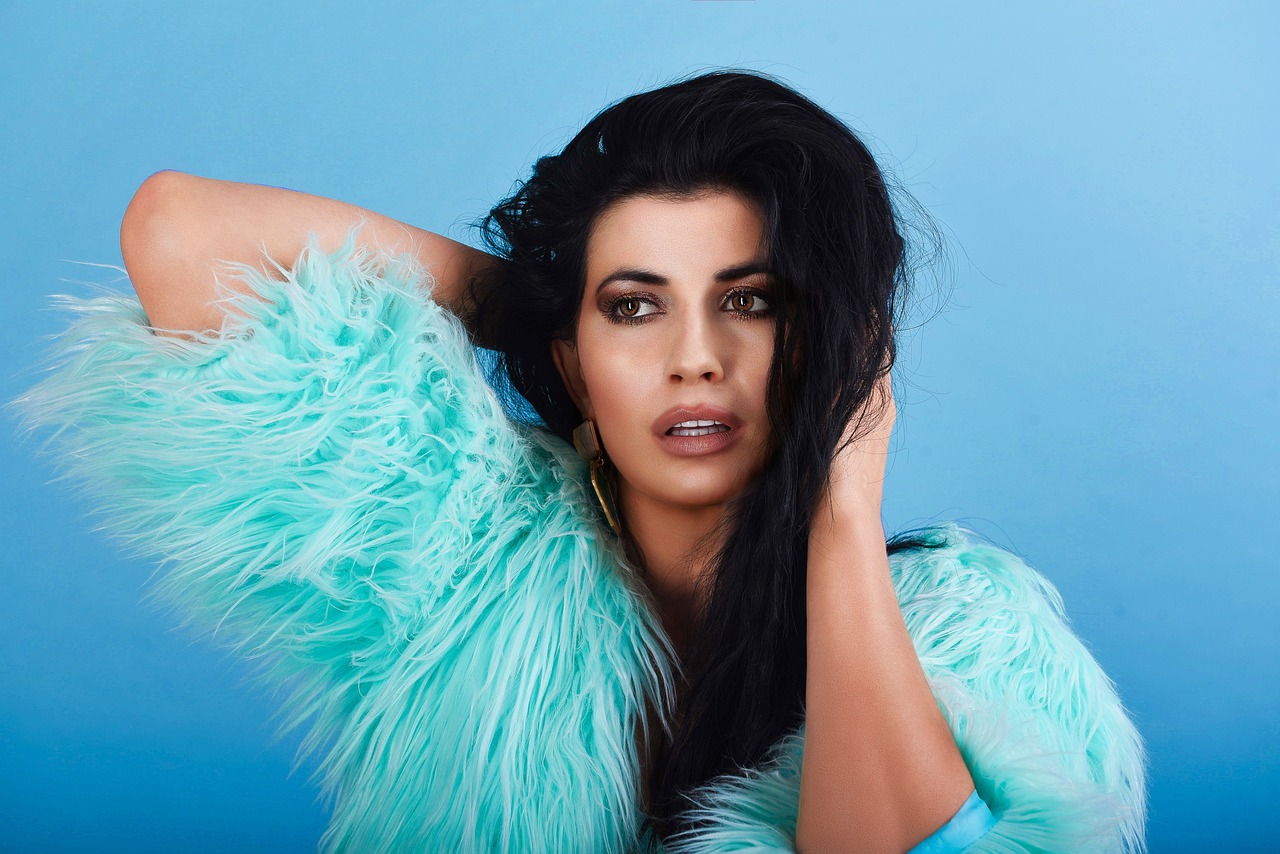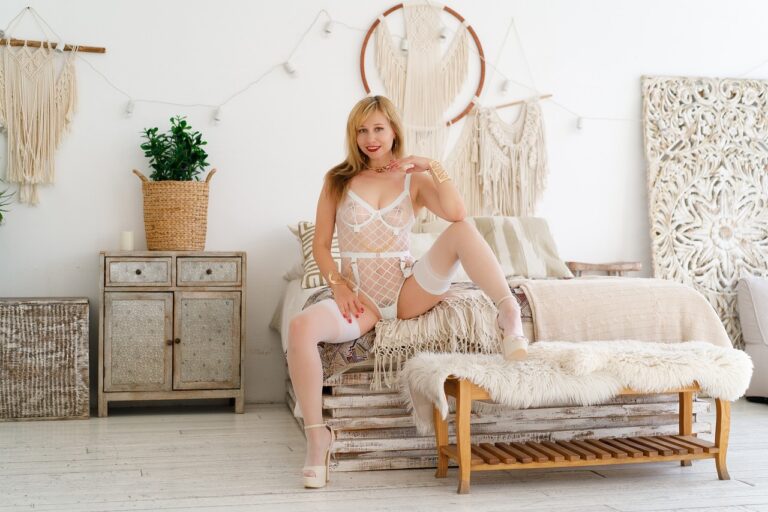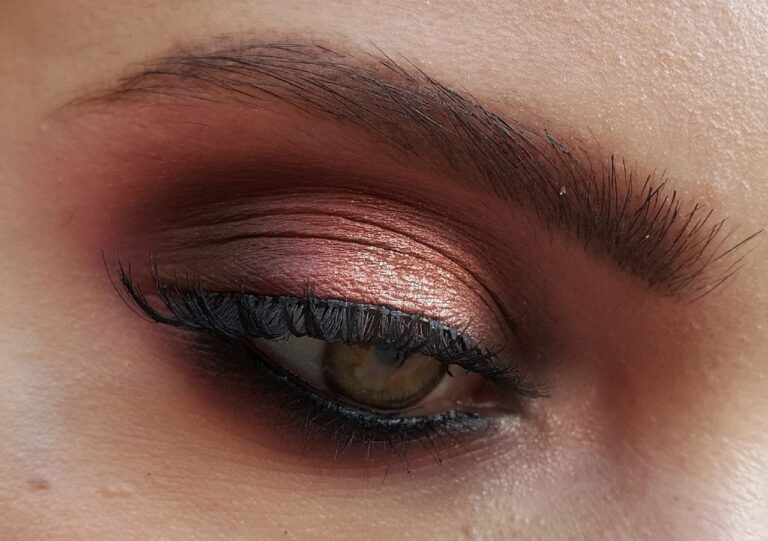Fashion Week: The Role of Fashion in Social Movements: Betbhai9.com whatsapp number, Radhe exchange id, Lotus365 login
betbhai9.com whatsapp number, radhe exchange id, lotus365 login: Fashion Week: The Role of Fashion in Social Movements
Fashion Week is a highly anticipated event in the fashion industry, where designers showcase their latest collections to the world. While Fashion Week is often associated with glamour and luxury, it also plays a significant role in social movements. Fashion has the power to amplify the voices of marginalized communities, challenge societal norms, and promote inclusivity and diversity.
In recent years, there has been a noticeable shift in the fashion industry towards greater social consciousness. Designers and brands are using their platforms to address important social issues such as gender equality, racial justice, and sustainability. From runway shows featuring diverse models of all sizes, colors, and gender identities to collections inspired by cultural heritage and traditions, Fashion Week has become a space for activism and advocacy.
Throughout history, fashion has been intertwined with social movements. Clothing has been used as a form of protest, expression, and empowerment. During the Civil Rights Movement in the 1960s, African American activists organized “freedom suits” and boycotts of discriminatory businesses to demand equal rights. The Black Panther Party adopted a uniform of black berets, leather jackets, and sunglasses to challenge racial stereotypes and assert their identity.
In the 1970s, the feminist movement embraced clothing as a tool for self-expression and empowerment. Women burned their bras and embraced pantsuits as a rejection of traditional gender roles and expectations. Designers like Diane von Furstenberg and Yves Saint Laurent created clothing that empowered women to feel confident and assertive.
Today, fashion continues to play a vital role in social movements. Designers are using their platforms to address issues such as climate change, LGBTQ rights, and body positivity. Sustainable fashion has become a major trend, with brands like Stella McCartney and Reformation leading the way in promoting ethical practices and environmentally friendly materials.
Fashion Week is not just a showcase of clothing; it is a reflection of the cultural and social landscape of our times. Designers are not afraid to push boundaries, challenge norms, and advocate for change. By using fashion as a tool for social change, they are helping to shape a more inclusive and just society.
The next time you attend Fashion Week or scroll through images of runway shows, take a moment to consider the deeper meaning behind the clothing. Fashion is not just about looking good; it is about making a statement, sparking conversation, and driving social change. As consumers, we have the power to support brands that align with our values and push for a more equitable and sustainable fashion industry.
Heading 1: The Evolution of Fashion and Social Movements
Fashion has long been intertwined with social movements, serving as a powerful tool for self-expression and activism. From the Civil Rights Movement of the 1960s to the feminist movement of the 1970s, clothing has been used to challenge societal norms and promote social change.
Heading 2: Diversity and Inclusivity in Fashion
In recent years, there has been a growing emphasis on diversity and inclusivity in the fashion industry. Designers are casting models of all sizes, colors, and gender identities to reflect the diverse world we live in. Fashion Week has become a platform for celebrating diversity and challenging stereotypes.
Heading 3: Sustainability and Ethical Fashion
The fashion industry is one of the largest contributors to environmental pollution and waste. Designers and brands are increasingly turning towards sustainable practices, using eco-friendly materials and production methods. Sustainable fashion is not just a trend; it is a movement towards a more ethical and responsible industry.
Heading 4: Fashion as a Form of Protest
Throughout history, clothing has been used as a form of protest and resistance. From the Suffragettes’ white dresses to the Black Panthers’ black berets, fashion has been a powerful tool for asserting identity and demanding social change. Today, designers continue to use clothing to make bold statements and challenge the status quo.
Heading 5: Fashion and LGBTQ Rights
The LGBTQ community has long used fashion as a means of self-expression and empowerment. Designers like Vivienne Westwood and Raf Simons have embraced gender fluidity and queer aesthetics in their collections. Fashion Week has become a space for celebrating diversity and advocating for LGBTQ rights.
Heading 6: Fashion and Body Positivity
The fashion industry has often promoted narrow standards of beauty, leading to harmful body image ideals and low self-esteem. However, designers and models are challenging these norms by embracing body positivity and inclusivity. Runway shows featuring models of all shapes and sizes are sending a powerful message of self-acceptance and empowerment.
FAQs
Q: How can I support ethical and sustainable fashion?
A: By supporting brands that prioritize ethical and sustainable practices, you can help drive positive change in the fashion industry. Look for brands that use eco-friendly materials, pay fair wages to their workers, and prioritize transparency in their supply chain.
Q: What can I do to promote diversity and inclusivity in fashion?
A: As a consumer, you have the power to demand diversity and inclusivity from brands and designers. Support brands that cast models of all sizes, colors, and gender identities, and advocate for greater representation in the fashion industry.
Q: How can I use fashion as a form of activism?
A: Use your clothing as a form of self-expression and advocacy. Wear clothing that reflects your values and beliefs, and support brands that align with your social and environmental concerns. Fashion can be a powerful tool for sparking conversation and promoting social change.







